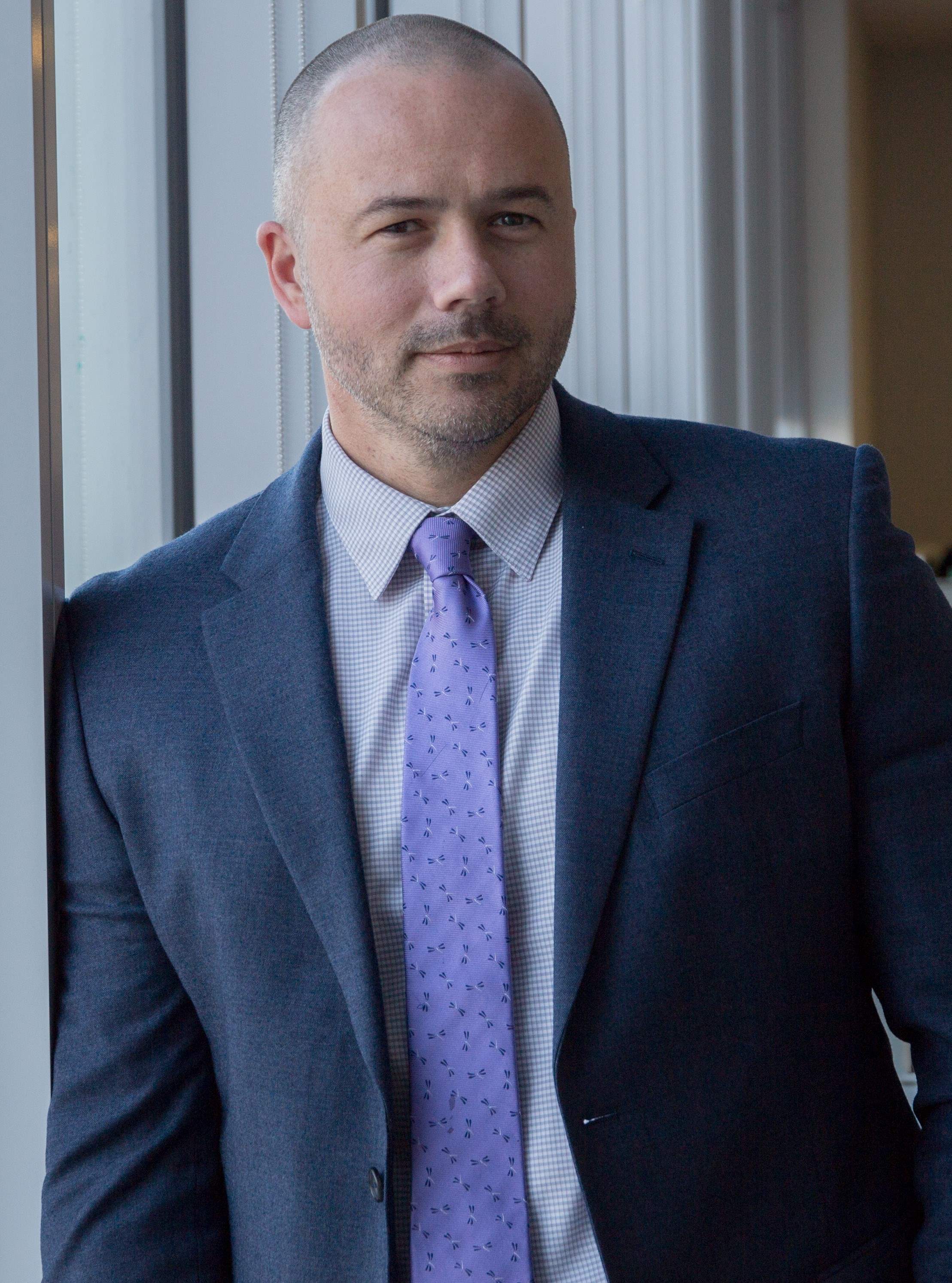It’s an exciting time for digital government in Canada. While we’re still in the early stretch of 2019, we have continued to advance the digital government agenda including, releasing the Directive on Automated Decision Making and more recently, hosting the Open Government Partnership Summit, to explore how digital technologies have reduced barriers and offered government’s new opportunities to rebuild their relationship with those they serve.
Its timely then, that at a time when we’re discussing what new opportunities digital technologies can provide both governments and citizens, that we announce the Government of Canada’s (GC) Talent Cloud project with Learning Machine to develop open and dynamic digital credentials.
This might sound familiar to many of you, and you’d be right to think so. At the Digital 9 Summit back in November 2018, I shared our intentions to explore a Blockchain credential pilot with the Massachusetts Institute of Technology (MIT). Since then, the MIT Media Lab, together with Learning Machine, have developed an international open standard for issuing digital credentials known as Blockcerts.
Today, we’re taking this one step further and working directly with Learning Machine to produce Blockchain credentials for the GC’s Free Agents.
As part of a one-year project being co-developed by the GC Talent Cloud team and the Digital Identity Unit at the Treasury Board of Canada Secretariat (TBS), together with Learning Machine, Government of Canada ‘Free Agents’ will be issued Blockcerts, a permanent, self-owned and secure record of their skills and experiences.
“Proving yourself” with paper or checking a database will now be a thing of the past. Using Blockcerts, will empower Free Agents to independently and securely “own” their identity and prove their qualifications in a way that is easy and respects their individual rights to privacy as they move across the federal government doing project-based work.
Personally, I am excited about this work and the potential that Blockchain certification will provide Canada and other leading digital nations around the world. In the meantime, I invite you to follow Talent cloud on Twitter, @GC_Talent, to stay up-to-date with the progress of their pilot.




Add new comment
Comments
Open and Secure
Submitted by Bernie Etzinger on June 12, 2019 - 12:58 PM